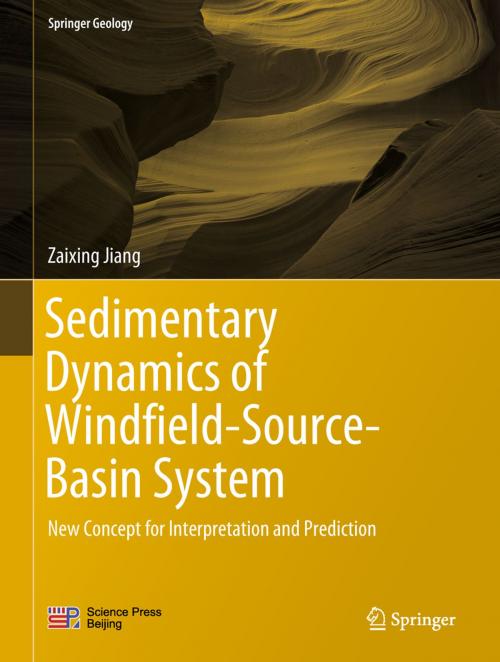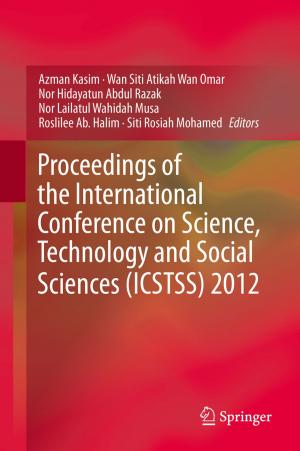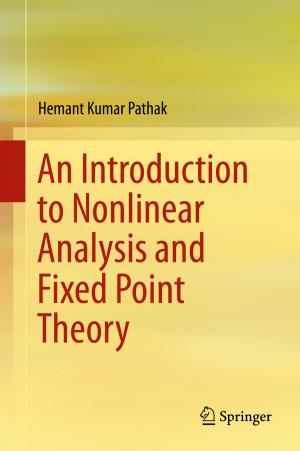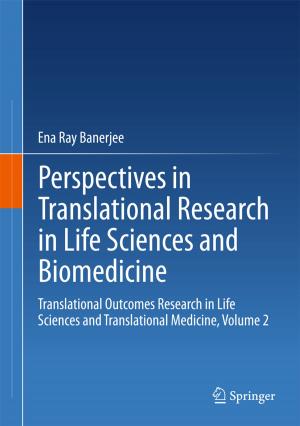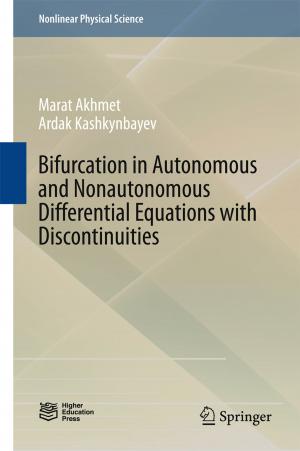Sedimentary Dynamics of Windfield-Source-Basin System
New Concept for Interpretation and Prediction
Nonfiction, Science & Nature, Science, Other Sciences, Meteorology, Earth Sciences| Author: | Zaixing Jiang | ISBN: | 9789811074073 |
| Publisher: | Springer Singapore | Publication: | March 6, 2018 |
| Imprint: | Springer | Language: | English |
| Author: | Zaixing Jiang |
| ISBN: | 9789811074073 |
| Publisher: | Springer Singapore |
| Publication: | March 6, 2018 |
| Imprint: | Springer |
| Language: | English |
This book introduces the geological concept of the “windfield-source-basin system,” based on integrated modern and ancient sedimentology studies. It identifies wind field as a main sedimentation-controlling factor that combines with provenance and basin dynamics to determine the formation and distribution of depositional systems. Using the unary properties of facies, sedimentary models and the duality properties of source-to-sink approaches, the concept of a “wind-source-basin system” introduces the “sedimentary system trinity”: wind field, provenance and basin properties. “Wind-source-basin systems” provide more plausible genetic interpretations of depositional systems (including both continental and marine facies, and clastic and carbonate systems), as well as more comprehensive and precise predictions of depositional systems (hydrocarbon reservoirs) in unknown regions. Further, the book proposes a series of methods on paleowind field reconstruction, which fill the gaps in paleo-atmospheric field studies in paleoclimatology, and shows that allocating relationships among source-reservoir-cap in petroliferous basins are limited by the “wind-source-basin system”. This trinity system also provides a new perspective on petroleum geology assessment.
The book appeals to all those engaged in sedimentology, petroleum geology and climatology studies.
This book introduces the geological concept of the “windfield-source-basin system,” based on integrated modern and ancient sedimentology studies. It identifies wind field as a main sedimentation-controlling factor that combines with provenance and basin dynamics to determine the formation and distribution of depositional systems. Using the unary properties of facies, sedimentary models and the duality properties of source-to-sink approaches, the concept of a “wind-source-basin system” introduces the “sedimentary system trinity”: wind field, provenance and basin properties. “Wind-source-basin systems” provide more plausible genetic interpretations of depositional systems (including both continental and marine facies, and clastic and carbonate systems), as well as more comprehensive and precise predictions of depositional systems (hydrocarbon reservoirs) in unknown regions. Further, the book proposes a series of methods on paleowind field reconstruction, which fill the gaps in paleo-atmospheric field studies in paleoclimatology, and shows that allocating relationships among source-reservoir-cap in petroliferous basins are limited by the “wind-source-basin system”. This trinity system also provides a new perspective on petroleum geology assessment.
The book appeals to all those engaged in sedimentology, petroleum geology and climatology studies.
